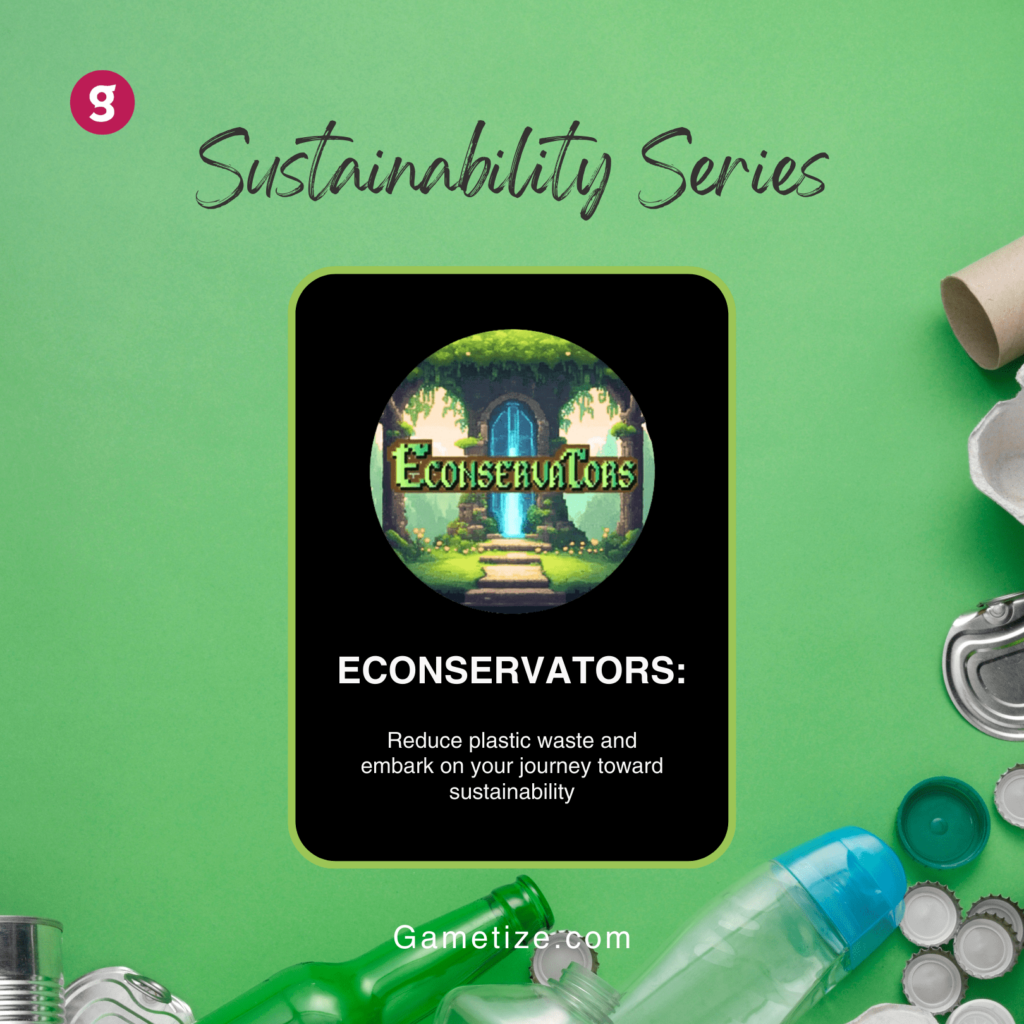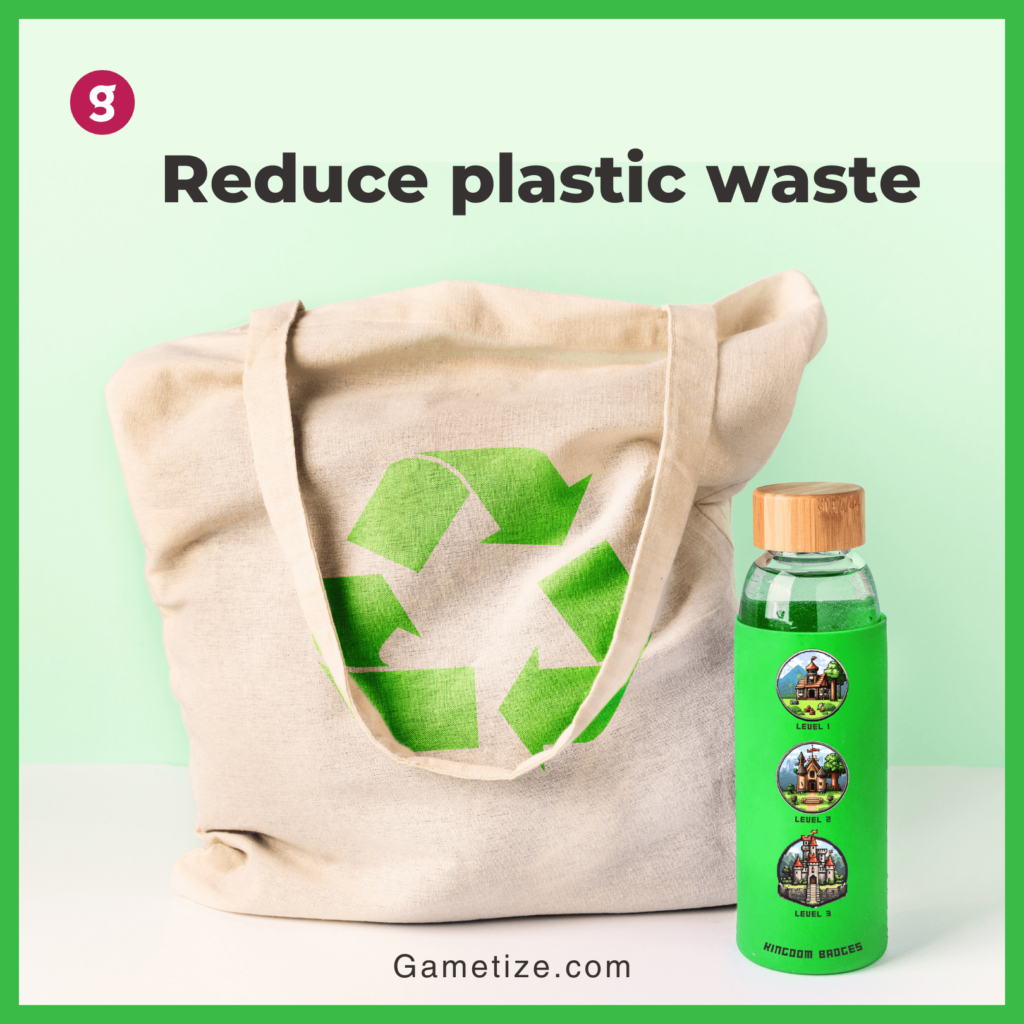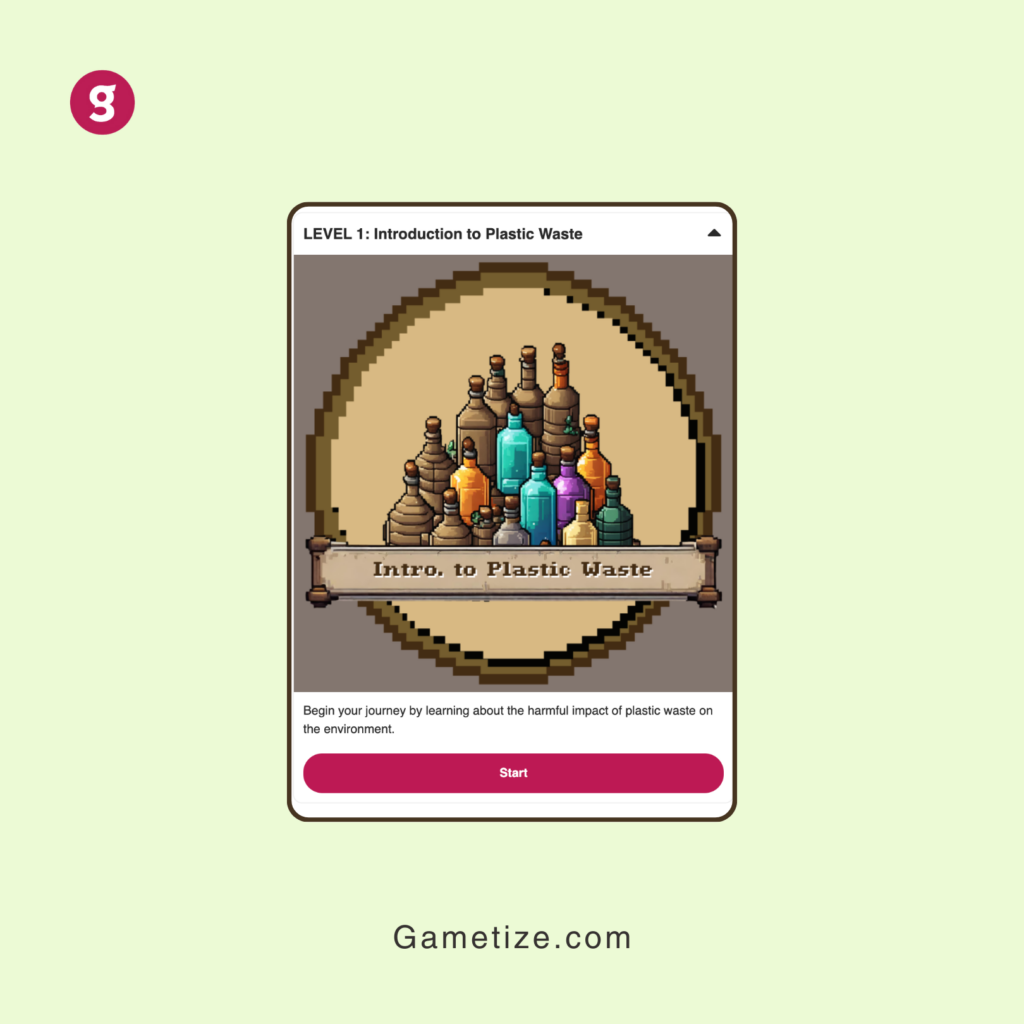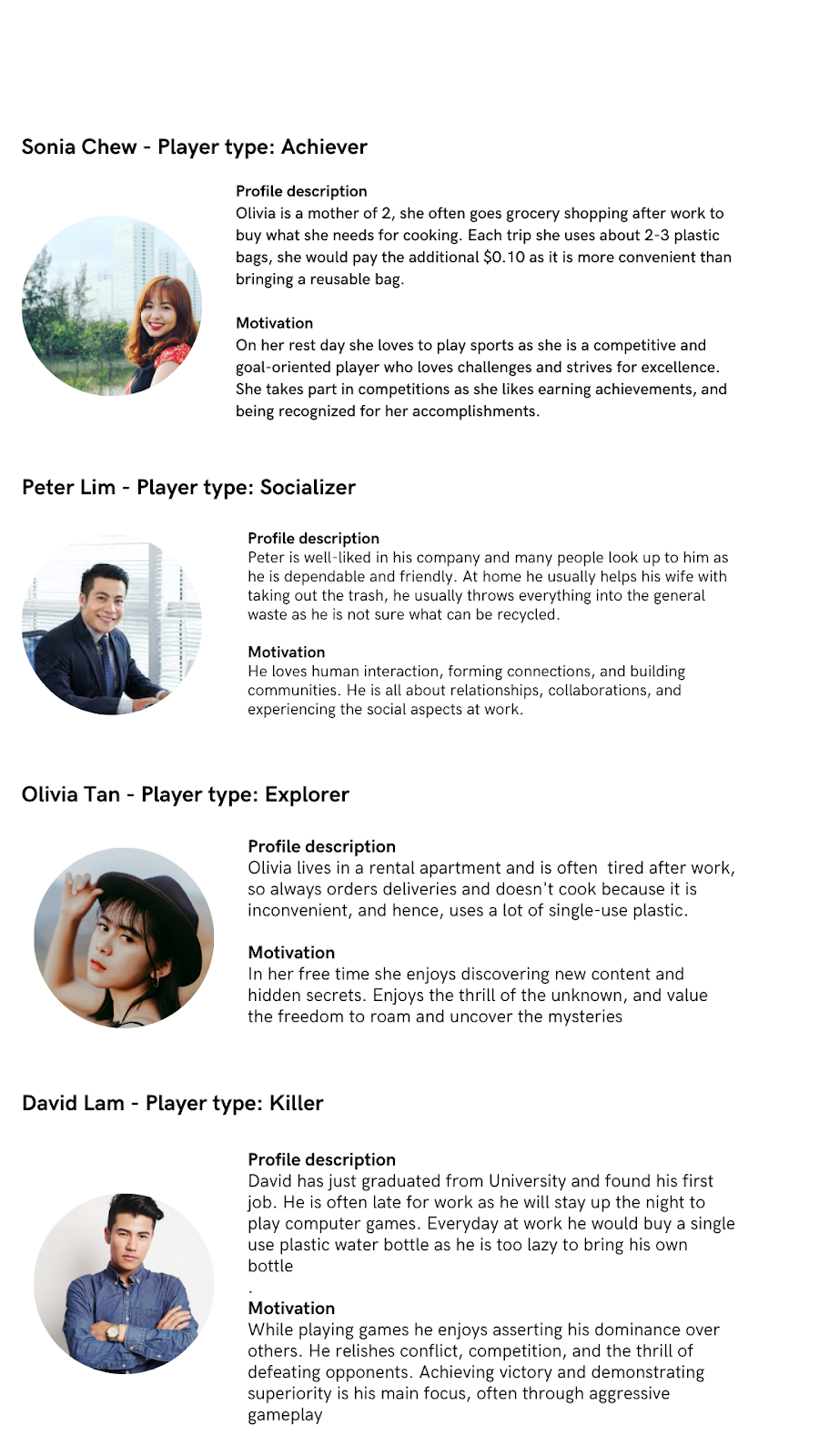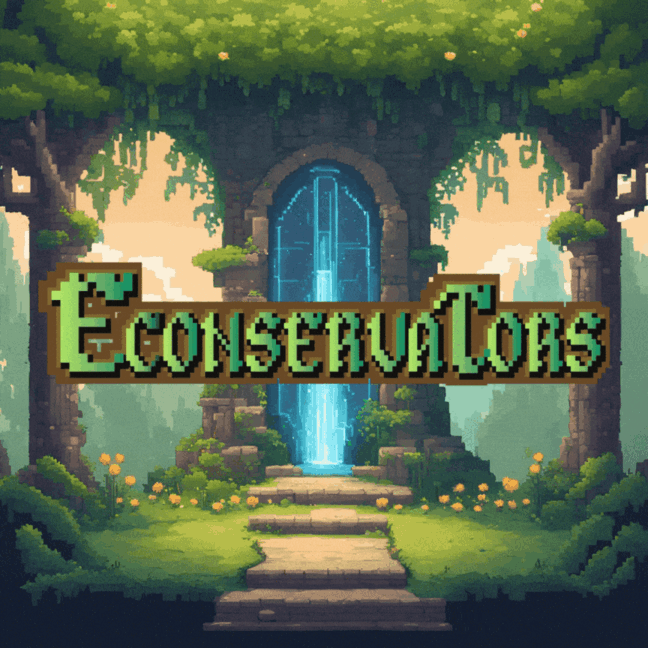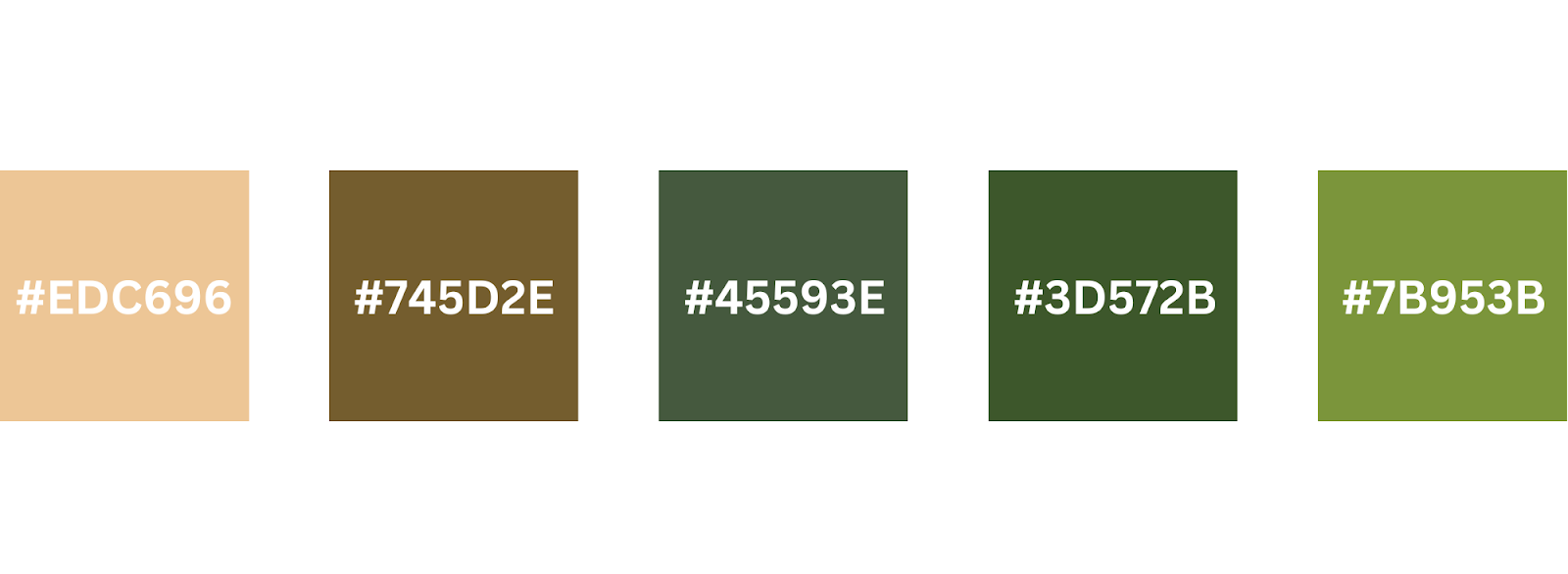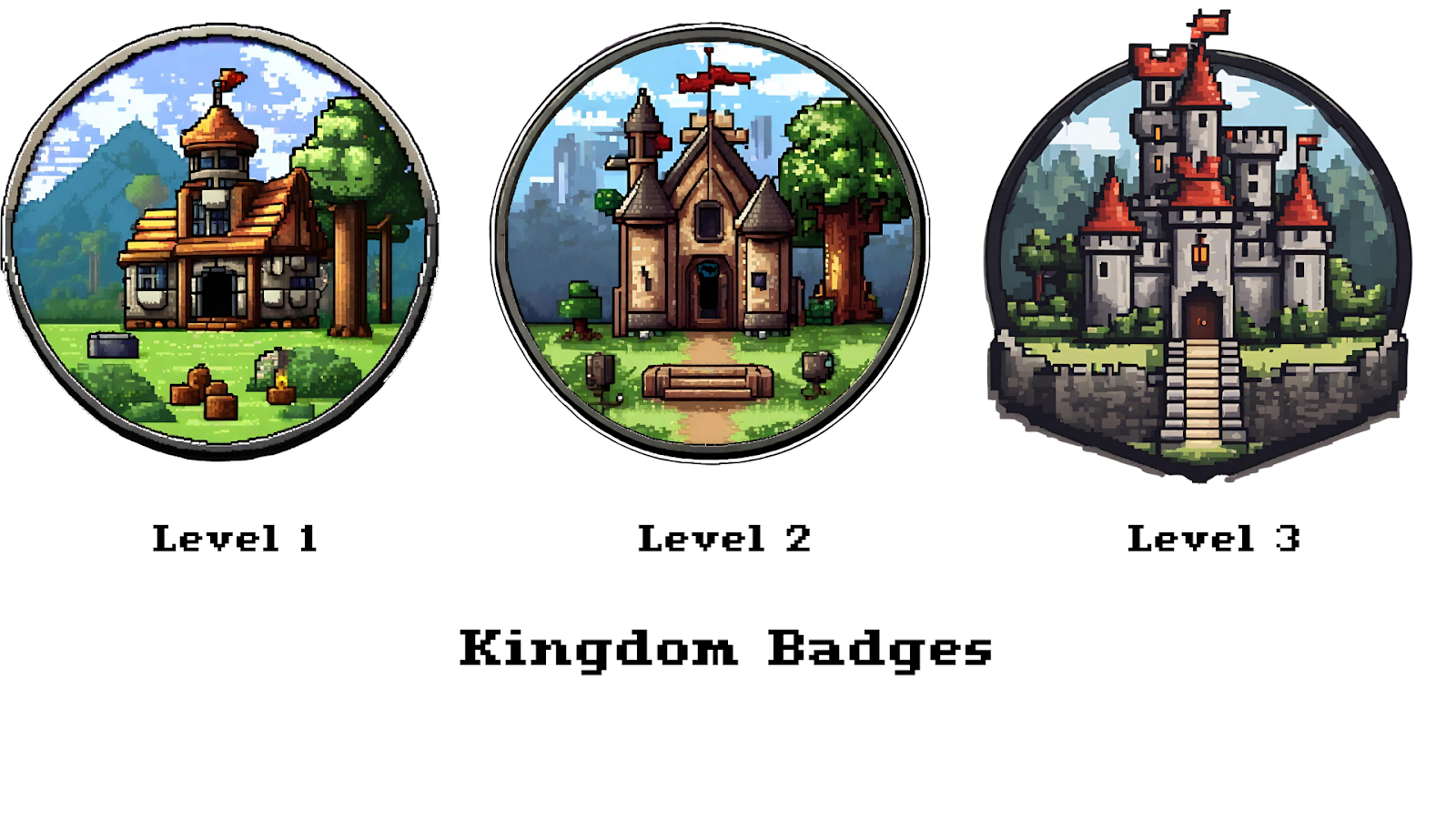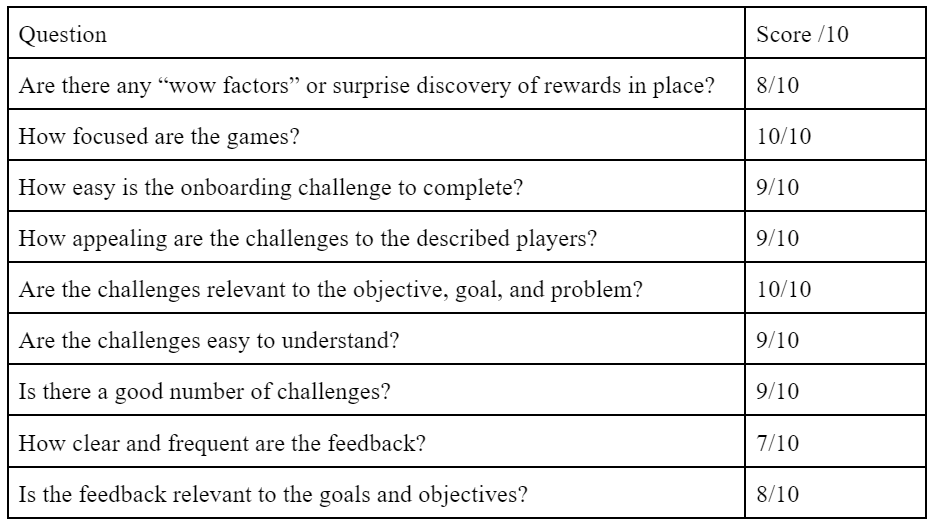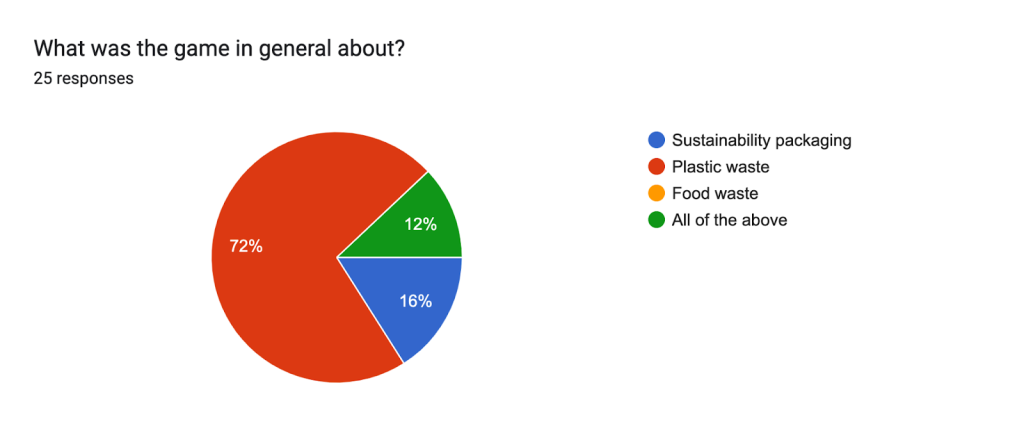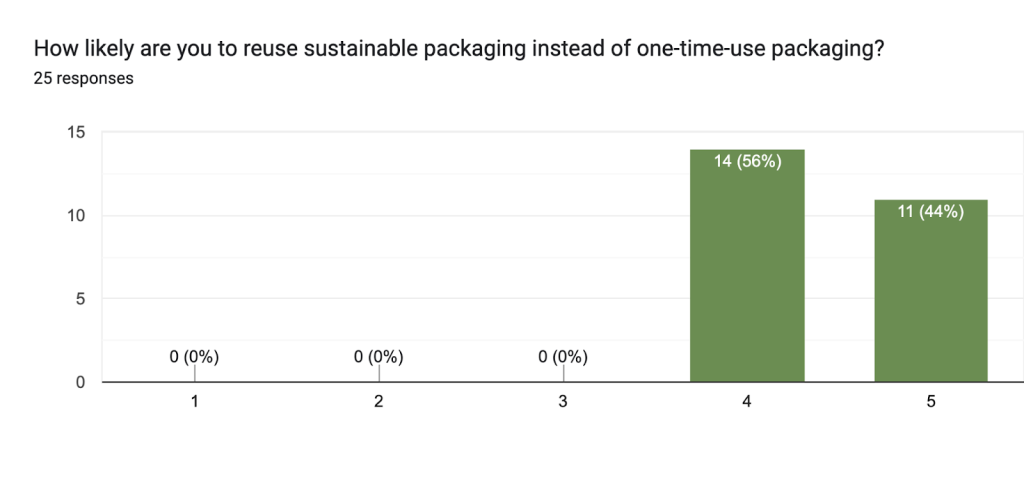1. 6D Playbook
Defining the Problem
Singapore grapples with sustainability issues concerning packaging and plastic bags, as consumers prefer eco-friendly options but are reluctant to pay for them. In 2021, 532,000 tonnes of domestic packaging waste, valued at $1.8 billion, were discarded. A survey by the Singapore Environment Council found that consumers in Singapore used 820 million plastic bags annually, averaging to two to four bags per supermarket visit. Merely mandating the use of reusable bags doesn’t significantly reduce plastic waste.
Semakau Landfill is expected to reach capacity by 2035. As a critical part of the nation’s waste management, its depletion would require alternative waste disposal methods. According to the (NEA, 2023), Singapore generated 1,001,000 tonnes of plastic waste in 2022, with a projected threefold increase over the next two decades. Reducing waste production is vital for extending Semakau Landfill’s operational life.
The micro-problems contributing to this issue include:
- Convenience: Plastic bags offer unmatched convenience, readily available in stores, lightweight, and easy to carry, simplifying consumers’ daily tasks.
- Price: Plastic bags are cost-effective to produce, resulting in affordable prices for consumers, often overshadowing their nominal cost.
- Innate human behaviour: Consumer decisions regarding plastic bag use are often impulsive and habitual, making it challenging to break away from this ingrained behaviour in favour of recycling or proper disposal.
Determining our Goals
1. Reduce Single-Use Plastic bottle
Specific: Replace single-use plastic water bottles with a reusable water bottle.
Measurable: using Gametize to track the reduction in purchasing single-use plastic water bottles by 60%.
Actionable: Accessible alternatives are available
Relevant: Reducing single-use plastic aligns with broader environmental concerns.
Time-bound: Achieve this goal within the next 2 months.
2. Minimise Food Packaging Waste
Specific: Reduce plastic packaging
Measurable: Using Gametize to track and reduce the amount of plastic packaging waste by at least 50%
Actionable: Collaborate with suppliers for alternative packaging solutions.
Relevant: Reducing food packaging waste contributes to overall waste reduction.
Time-bound: Accomplish this goal within the next 3 months.
3. Transition to Reusable Shopping Bags or biodegradable bags
Specific: Replace disposable plastic bags with reusable shopping bags
Measurable: Replace 90% of disposable plastic bags with reusable or biodegradable bags
Actionable: Reusable bags are easily available and can be integrated into shopping routines.
Relevant: Reduce single-use plastic bag usage to support our goal of becoming a more eco-friendly supermarket.
Time-bound: Implement this change within the next 2 months.
4. To bring their own lunch box when buying food
Specific: Employees bring their own lunch box when buying food
Measurable: Using Gametize to monitor the number of employees who consistently bring their own lunch boxes
Actionable: Lunchbox can be easily purchased online or in stores and is cheap.
Relevant: can help reduce the use of disposable containers, contributing to sustainability efforts.
Timebound: Achieve a 90% compliance rate within three months
5. To go plastic straw-less
Specific: Stop using plastic straws
Measurable: Using Gametize to track the reduction of using plastic straw by 70%
Actionable: Replace single-use plastic straws with biodegradable alternatives
Relevant: Plastic straws contributes to plastic waste as it is not biodegradable
Timebound: Achieve these goals within the next 1 months
Target behaviour
In-app behaviour
- Learn about sustainable packaging through our infographics
- Complete our daily challenges
- Collect achievement badges (incentives)
- Involving the wider community through challenge nominations
- Keep up with daily quests to collate points to redeem rewards
Real-world behaviour
- To recognise that plastic waste is a real problem that needs to be mitigated
- Adopt a greater responsibility towards plastic waste
- Bring reusable bags out when they shop
- Bring their own food carrier (boxes, straw, etc.) when they eat out
- Share tips and raise awareness amongst friends and family
Describing our Profile Players
Designing our Gamification Strategy
Phase 1: Awareness
- Educate users about their choices’ sustainability impact of single-use plastics using infographics and quizzes
Phase 2: Active Engagement
- Encourage daily and weekly monthly sustainable actions through points, rewards, and badges.
Phase 3: Advocacy
- End goal is to reduce packaging waste through a pilot project for supermarket employees, with potential for wider implementation in supermarkets.
The ultimate aim is to build a community focused on sustainability, enhancing awareness, engagement, and advocacy to reduce plastic waste.
Narrative & Theme
- Theme: Retro Pixelated RPG Style
- The player is sucked into a game, where they become one of the Econservators, a group of legendary heroes hailing in the world of Susterra. They are then tasked to learn about sustainable practices, mainly focusing on plastic packaging, and clear up tasks to help make the world of Susterra a cleaner and greener place. As they progress through the levels (weeks) they will be transported from world to world (4 worlds in total), and finally, be able to escape the world of Susterra once all their quests are done.
Branding – Tone of Voice
Colour Palette
Incentives
Players will be constantly rewarded as they progress through the levels with badges of achievements to flaunt as well as points which they can then utilise to redeem attractive rewards such as vouchers. To illustrate an example below are some badges they may acquire.
Diagnose Strategy Using Scorecard
The macro issues identified were on single use plastic bags contributing to sustainability issues such as Singapore’s only landfill is predicted to run out of space in the near future. The micro issues as identified such as price, convenience and innate human behaviour are why people do not practise sustainability. Based on the survey conducted, our goal has been achieved as users have increased their knowledge on the issues on plastic wastage, more sustainable packaging, and reflecting on the impact of waste. In addition, players have a series of daily initiatives and weekly quizzes to keep them engaged and keeping track of their individual sustainability efforts.
On a closer examination of the data, appendix A* reveals that over 72% of the users have a grasp of the central theme of the game, which revolves around addressing the issue of plastic waste. This underscores our initial approach to addressing the broader issue. Moreover, as supported in appendix B*, 100% of the respondents express their willingness to reduce using single waste plastic and cultivate this habit of using reusable bags. This commitment directly addresses the micro issue related to convenience and ingrained behaviours.
So through the use of scorecards, we can effectively see the significance our game in achieving to tackle our macro & micro issues.
2. Addressing real-world challenge
The pervasive use of single-use plastic bags is a critical environmental issue that poses a significant threat to our planet. It is a problem exacerbated by habits and behavioural patterns. Our project aims to tackle this issue by championing awareness and sustainability efforts through our game. Through this initiative, we hope to make a tangible impact by changing consumer behaviour and offer a real solution to the problem of plastic bag waste that users can incorporate into their everyday lives.
3. Learning and reflection
Reflecting on the basis of the purpose of this project, we built our thematics around the idea of sustainability. We decided to stylise our gamified project using a retro pixelated rpg game kind of vibe as we feel that it gives off a sense of nostalgic feeling in hopes to evoke a sense of comfort. Through the use of our choice, colours and tones such as brown and green tones. We align our theme with the idea of sustainability. Therefore, we felt that our design elements will help elevate our game and speak well with our target audience. We aim to get our target users to make a slow but steady, positive behaviour change which they will continue to have even after the game.
1. Play the game first.
2. Use the Template game for your own initiatives.
Credits: [AY2023/24] G4 Team 2 – Briandley Ang, Zhou Liuyuan, Valenthea Yeo, Vikneswary Do A Jahnasegar, Qian Zhenhan, Akmal Bin Rostam, Zermane Ruth Heng Xin Min
Reference
Low, Y. (2019, August 20).
Trash Talk: No time to waste in dealing with Singapore’s mounting trash problem. Today. https://www.todayonline.com/features/trash-talk-no-time-waste-dealing-singapores-mounting-trash-problem
National Environmental Agency. (2023, May3).
Waste Generation And Recycling Rates Increased In 2022 As Economic Activity Picked Up. NEA. https://www.nea.gov.sg/media/news/news/index/waste-generation-and-recycling-rates-increased-in-2022-as-economic-activity-picked-up
Suraduhita, G. S. (2021, August 1).
The short lifespan of landfills: Problems Semakau Island
is facing. Changemakr Asia. https://changemakr.asia/the-short-lifespan-of-landfills-problems-semakau-island-is-facing/#:~:text=By%202035%2C%20Semakau%20island%20located,place%20else%20to%20incinerate%20rubbish
Appendix
Appendix A: (What was the game about?)
Appendix B: (effectiveness of the game in transforming users to using reusable packaging)

